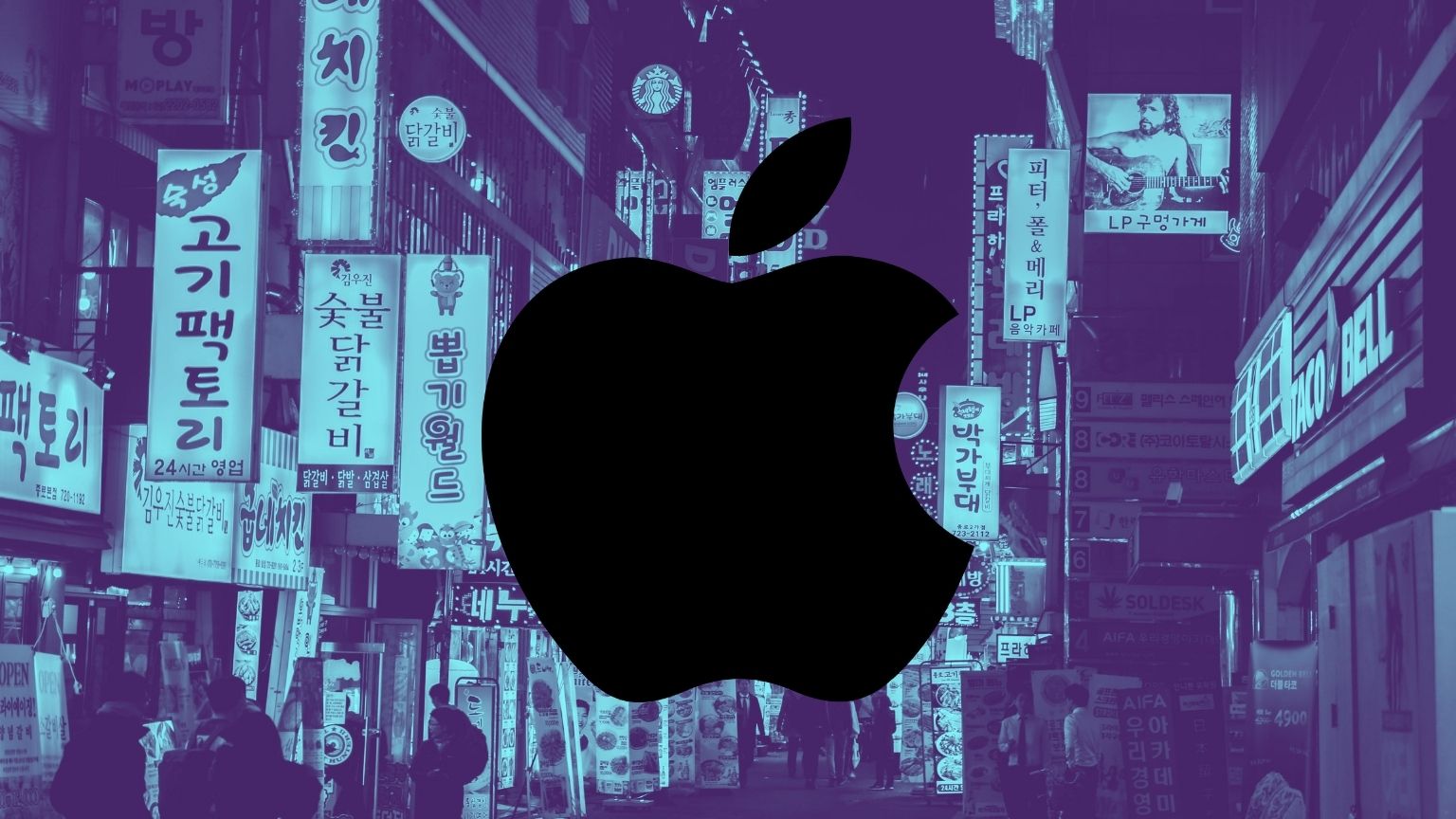Apple is reportedly refusing to comply with an amended South Korean law designed to change the rules regarding its App Store payment system. The tech giant appears to be attempting to ignore the legislation and claims it is already in compliance.
The amended law, which is enforced by the Korea Communications Commission (KCC) and came into force in August, aims to stop both Apple and Google from maintaining dominant positions in the market, including by making app developers use only their payment systems in the two stores.
Late last week, reports said that Google decided to respect the law and include third-party payment, while Apple claims that it is already operating in compliance with the legislation and doesn’t need to introduce any changes.
Apple told the South Korean government as much, prompting the KCC to consider launching an investigation into the company, while an unnamed official told Reuters that this behavior on the part of the US giant “goes against the purpose of the amended law.”
The KCC remains in talks with Apple over the issue, but should there be no breakthrough, the company could face a probe and eventually penalties, including fines.
While some observers note that Apple seems eager to comply with local law when it suits it – all the way to removing apps from the store in some countries – other times, when its profits (i.e., its dominance) are at stake, it chooses to ignore local rules.
Antitrust lawyer Jung Jong-chae told Reuters that Apple’s behavior in South Korea has to do with the total dominance that it has over its entire ecosystem, from hardware to the OS to payment system. That is the difference between Apple and Google, and the possible reason why Google is willing to comply, while Apple is digging in its heels.
“Apple has more to lose if its dominance breaks on any front,” Jung said, noting that more openness in one of the segments of its business – this time the App Store’s proprietary payment system and the charging of high in-app purchase fees – might lead to other changes that go against Apple’s policy of maintaining firm control over its business model, and over developers.













